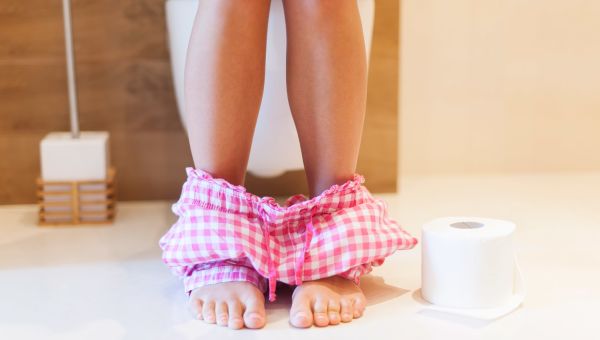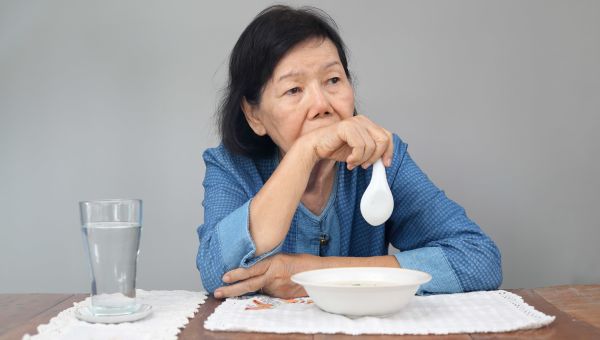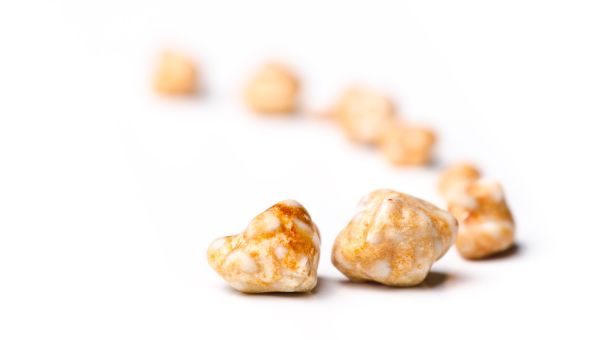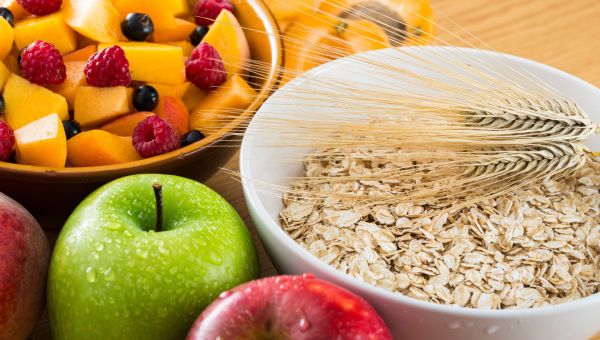More women have these 5 digestive problems
Ladies, watch out for these stomach, intestinal and gallbladder issues.

This might be news to guys—and even some women—but females are more prone to certain gastrointestinal (GI) conditions than men. Fluctuating hormones and female anatomy are two big culprits.
If you have digestive issues more often than you like, here are some of the usual suspects. Read on to learn more, and contact your healthcare provider (HCP) with any specific concerns; she can tell you more about what to do.

Constipation
Research suggests that women are more prone to constipation than men; they become constipated two to three times as often, according to some estimates. Experts believe the presence of estrogen receptors—cells that receive molecules of the female hormone estrogen—in the GI tract might play a role. While estrogen may help guard women against ulcers and certain GI cancers, it can also slow digestion, which can cause constipation.
Something else women should be aware of: hormone fluctuations, anatomy changes and an increase in water absorption in the intestines make constipation a fairly common problem during pregnancy.

Celiac disease
That gluten-free craze? Celiac disease is a big reason for it. It's an immune-system reaction that’s triggered by gluten, a protein found in wheat, rye and barley. When someone has the condition, their immune system attacks healthy cells in the small intestines, which can cause diarrhea and prevent normal absorption of nutrients. Women get celiac disease nearly three times as often as men for reasons that are not well understood.

Irritable bowel syndrome
Irritable bowel syndrome (IBS) is at least twice as common in women as it is in men. Researchers don’t know exactly what causes IBS, but think hormones are one of the factors. People with IBS often experience bloating and abdominal pain, and many have diarrhea, constipation or both. Symptoms—especially pain—often flare up around the time of a woman’s menstrual period, possibly due to higher levels of hormones called prostaglandins, which enhance the perception of pain.

Gastroparesis
Gastroparesis occurs when food moves abnormally slowly from the stomach to the small intestine. It can cause nausea, reflux, pain, bloating, a lack of appetite and a feeling of fullness after eating just a small amount of food. While both diabetes types 1 and 2 are known to cause gastroparesis, most of the time the trigger can’t be identified. Women are more susceptible to the condition because their stomachs naturally empty more slowly than men’s stomachs.

Gallstones
The gallbladder is an accessory organ to the GI tract. It stores bile, a fluid made in the liver and released into the intestines to digest fats. If there’s too much cholesterol or bilirubin in the bile, it can harden and form into gallstones. Since women’s gallbladders are slower to empty bile than men's, women are twice as likely to develop gallstones. About one woman in five will have gallstones at some point in her life.
Many gallstones don’t have symptoms, but look out for pain—especially after a big meal—in the upper right portion of your torso, under your breastbone, in your right shoulder or between your shoulder blades.

What to do
See your HCP if you’re worried that you might have one or more of these conditions. Eating a high-fiber diet is generally healthy, but talk to your HCP first, since adding fiber can aggravate symptoms of some conditions, like certain types of inflammatory bowel diseases.
More On


video


video


video


video
